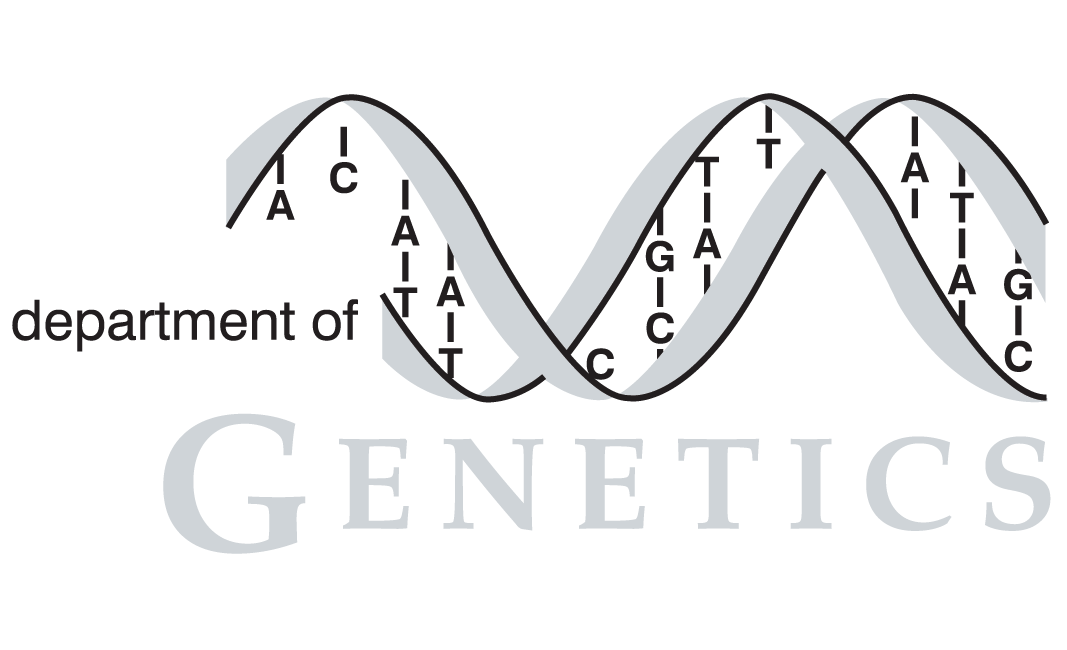| Citation | Medintz IL, Vora GJ, Rahbar AM, Thach DC. Transcript and proteomic analyses of wild-type and gpa2 mutant Saccharomyces cerevisiae strains suggest a role for glycolytic carbon source sensing in pseudohyphal differentiation. Molecular bioSystems, 2007. |
| PubMed ID | 17700863 |
| Short Description | Response of gpa2 null mutants and wildtype cells after shifting from nitrogen-rich to N-starved maltose medium |
| # of Conditions | 6 |
Full Description

|
In response to limited nitrogen and abundant carbon sources, diploid Saccharomyces cerevisiae strains undergo a filamentous transition in cell growth as part of pseudohyphal differentiation. Use of the disaccharide maltose as the principal carbon source, in contrast to the preferred nutrient monosaccharide glucose, has been shown to induce a hyper-filamentous growth phenotype in a strain deficient for GPA2 which codes for a Galpha protein component that interacts with the glucose-sensing receptor Gpr1p to regulate filamentous growth. In this report, we compare the global transcript and proteomic profiles of wild-type and Gpa2p deficient diploid yeast strains grown on both rich and nitrogen starved maltose media. We find that deletion of GPA2 results in significantly different transcript and protein profiles when switching from rich to nitrogen starvation media. The results are discussed with a focus on the genes associated with carbon utilization, or regulation thereof, and a model for the contribution of carbon sensing/metabolism-based signal transduction to pseudohyphal differentiation is proposed. |
Tags
 |
Contact: sgd-helpdesk@lists.stanford.edu


